What types of face oils are best for dry skin?
If you have dry skin — in general, look for a face oil that delivers lots of fatty acids, antioxidants, and vitamins to nourish your skin and encourage it to repair itself.
In particular, look for these six types of oil:
- Argan oil. Argan oil contains vitamin E, antioxidants, and essential fatty acids. It can improve your skin’s moisturisation and elasticity.
- Rosehip oil. Rosehip oil contains vitamin A and vitamin C. It can improve your skin texture and encourage skin regeneration.
- Marula oil. Marula oil contains antioxidants and omega fatty acids, making it great for moisturising and nourishing your skin.
- Jojoba oil. Similar in composition to sebum, your skin’s natural oil, jojoba oil can be good for regulating oil production and moisturising your skin deeply.
- Squalane oil. Squalane oil is lightweight and non-greasy, making it good for moisturising dry skin. It also provides protection against free radicals.
- Avocado oil. Avocado oil contains essential fatty acids along with vitamin A, vitamin D, and vitamin E. It can help soothe and moisturise dry, irritated skin.
Can face oils help in balancing skin hydration?
Yes, face oils can help in balancing the hydration of your skin. As explained earlier on this page, you need to use a humectant (such as hyaluronic acid) first to hydrate your skin. Once your skin is hydrated, face oils can help by sealing in that hydration; strengthening your skin barrier; and preventing trans-epidermal water loss (TEWL for short), the technical term for water evaporating from your skin into the air.
How should I incorporate face oils into my skincare routine?
If you haven’t been using a face oil, start by applying face oil once a day, preferably in the evening. See how your skin responds to the oil, and decide whether to apply it in the morning as well.
First, cleanse your skin with a gentle cleanser that will get rid of impurities and excess oil. Then, if you normally apply a toner to balance your skin’s pH and help your skin absorb other products, apply that toner as usual.
With your skin still damp, apply the face oil. It typically goes a long way, so you don’t need much of it. Put a few drops of face oil in the palm of one hand, rub your hands together to warm the oil so your skin can better absorb it, and then gently press the oil onto your face and neck. If your skin has dry areas, put more of the oil there. You can either pat the oil into your skin or massage it in gently using an upward, circular motion.
If your skin is dry, apply your moisturiser on top of the face oil. If your skin is oily, the face oil is probably enough, so you can skip the moisturiser.
Are there specific face oils for sensitive skin?
Yes, absolutely. If you have sensitive skin, look for a face oil that is non-comedogenic, which means it won’t clog your pores. You should also make sure the face oil is free of fragrances, because these may irritate your skin, and free of drying alcohols, such as ethanol or isopropyl alcohol. (By contrast, fatty alcohols — such as cetearyl alcohol or cetyl alcohol — are not drying and should be fine for sensitive skin.)
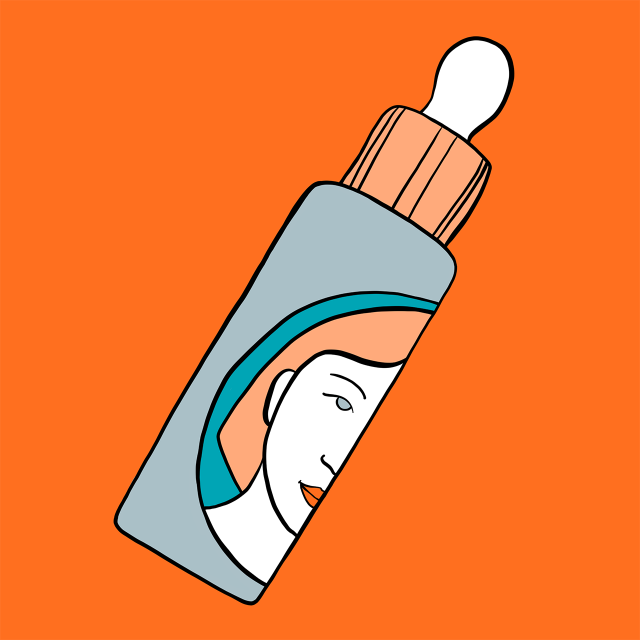

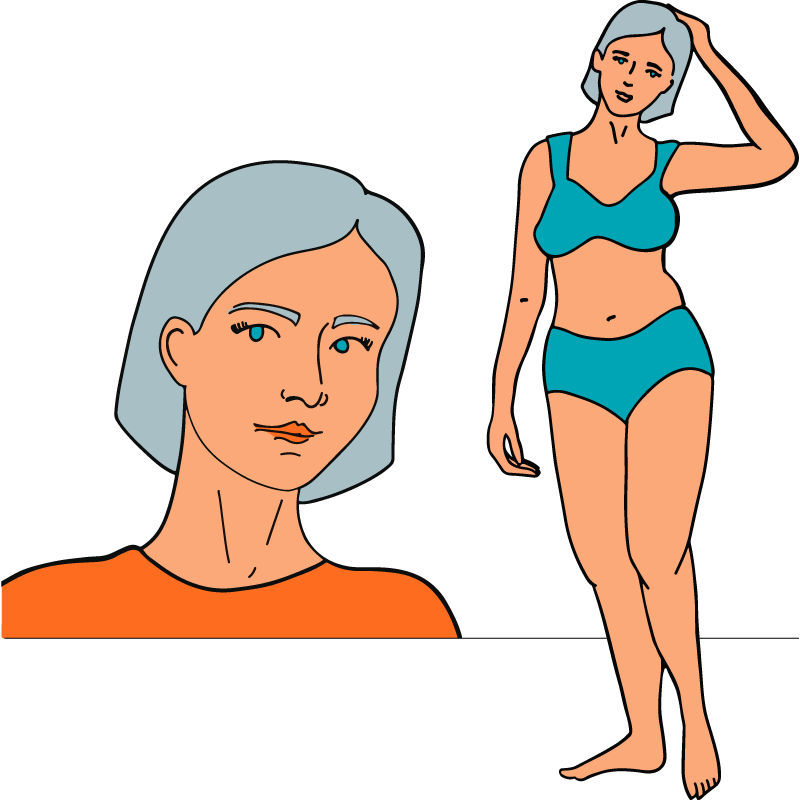


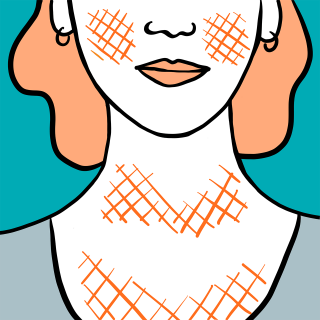
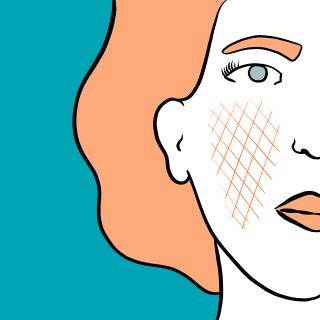
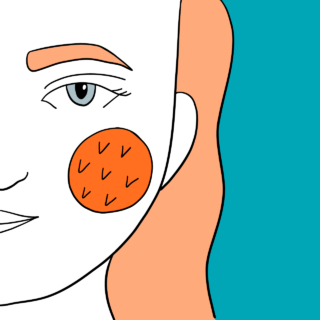
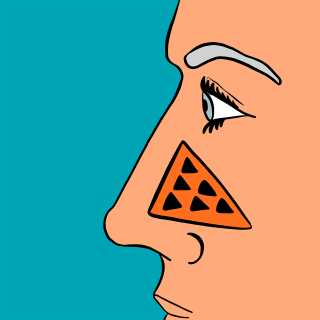
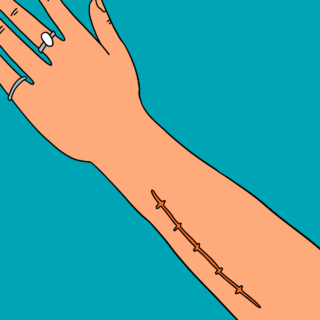
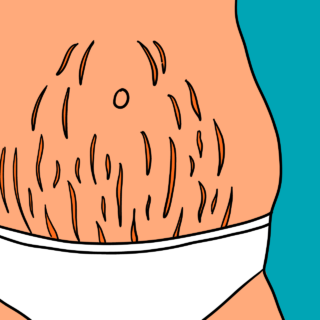




 The Tweakments Chatbot
The Tweakments Chatbot